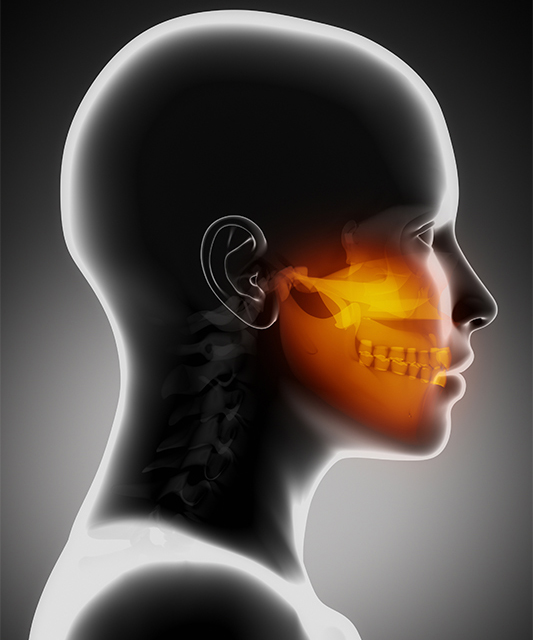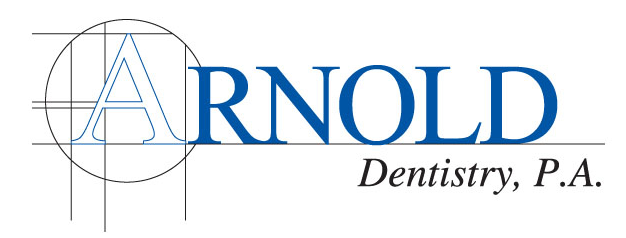Do You Suffer from Recurring Jaw Pain and/or Seemingly Unexplainable Migraines?
Your symptoms (severe headaches/migraines or consistent jaw pain) could be caused by a misalignment of the Temporomandibular Joint. This condition is known as Temporomandibular Joint Dysfunction or TMD. When the upper and lower jawbones do not align properly, teeth clash and muscles strain while performing daily tasks such as talking and chewing.
Symptoms of Temporomandibular Joint Dysfunction can also include:
- Pain around your jaw joint(s), face, neck and shoulders
- Difficulty or a strained sensation when opening your mouth
- Lock jaw that occurs when the mouth is open or closed
- A grating or clicking sensation (or even a popping sound) when moving the jaw
- A clashing of teeth when chewing
- Facial swelling, particularly around the jaw area or near the temporomandibular joint
Also, if your recurring headaches always seem to appear first thing in the morning or if yawning causes an extreme level of discomfort,
then contact Arnold Dentistry for a proper TMD evaluation.
If I Don't Have TMD, What Are Some Other Possible Causes for My Dental Migraines?
There are a number of other disorders and dysfunctions that can cause painful dental migraines. The most common of which are the grinding of teeth and the unnecessary, consistent clenching of the jaw; both of which occur on a subconscious level. For example, when an individual is under a lot of stress or suffers from high anxiety levels it is not uncommon for teeth grinding to occur, especially at night. Jaw clenching is also a typical physical manifestation of anxiety, stress or other strong emotions. Both jaw clenching and teeth grinding generates muscular trauma between the jaw bones that can result in severe pain and debilitating dental migraines.
Fortunately, if your dentist determines that the cause of your headaches are in fact the result of jaw clenching or teeth grinding there are solutions. Your dentist can fit you with an occlusal splint (for use during the day) and/or a mouth guard (to be worn at night). Both occlusal splints and mouth guards are constructed of hard or soft plastic that is custom-molded to fit your teeth. When worn properly, these dental appliances can prevent teeth grinding and clenching of the jaw.
Occlusal splints and mouth guards are also frequently utilized in the treatment of TMJ Dysfunction (a.k.a. TMD) as they can help to correct a misaligned bite. Following a thorough dental assessment, your dentist may also recommend that particular teeth be filed down, crowns be re-fitted or teeth extracted, in an effort to treat the underlying issue of an improper or misaligned bite.
Keep in mind, every case is different. It is best to make an appointment with Dr. Arnold for a comprehensive TMD evaluation, so he can help diagnose the root of your pain and offer solutions to assist in eliminating it.









